Gary Dean - Posts
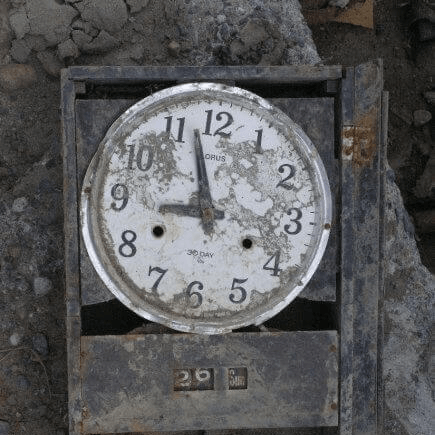
Where is my compassion?
– Reflections 14 years after the Asian Tsunami
In 2004 and 2005, in addition to running my consultancy firm, I also moonlighted – quite literally – as a copy editor at The Jakarta Post. This meant my work day averaged 16 hours at that time. I totally didn’t need this additional workload, but it was an opportunity to learn more about Indonesia by being at the centre of Indonesia’s only English-language media outlet. Being affiliated with Indonesia’s largest newspaper, Kompas, meant that great volumes of news and information flowed constantly through the newsrooms, with unending discussion and banter about what was going on at any moment. This included a lot of information that could never be published for various reasons. On the 26th of December 2004 – 14 years ago today – a massive earthquake hit western Indonesia. I was asked to come into the newsroom before my scheduled time because it was surmised that there wer
…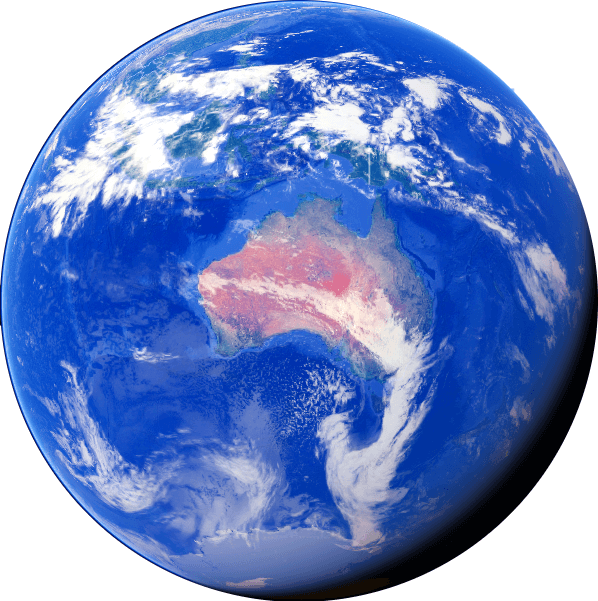
Escape at 14
– A nothing story
I was 14, a quiet boy living in an outer suburb of a small and isolated city called Perth1, in a large and remote state called Western Australia, in a large and isolated continent called Australia.
…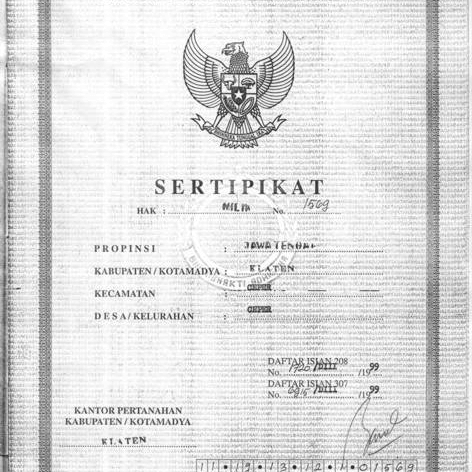
Indonesian Land Law and Foreign Ownership of Land
Indonesian Land Law is quite different indeed to the laws that apply in most Western or developed countries. Foreigners wishing to use or purchase land for whatever purpose need to be aware of these differences and not assume that legal conventions that apply in their home countries necessarily apply in Indonesia. Legal certainty in Indonesia has always been rather precarious, not least in the realm of land ownership. However, secure land title for foreigners is possible if correct procedures are observed. Background There are two important "phases" when discussing Indonesian land law, that is, the phase before September 1960, and the phase after this date. Before September 1960 Indonesian land law comprised a mind-boggling cacophony of traditional adat law, Dutch colonial laws, Western civil law, and laws enacted by the Indonesian government from the time of indepen
…
An Ungrateful Australian
On Tuesday, 17 December 2002, BM wrote: I think, on balance, that if I am to be ruled, I would much rather be ruled by complete fucking moron civilians than by clever army generals, or religious fanatics for that matter. A friend, who had been a lifelong Marxist until the collapse of the Soviet Union, in a moment of possibly alcohol-induced candour, said to me once that to him a slightly corrupt, partially inept ‘liberal democracy’ is far preferable to a ruthlessly efficient and thoroughly honest socialist dictatorship. Oh shit, I think I feel a polemic coming on… Or maybe it’s that dodgy rendang I ate for lunch… I quite agree, living under a liberal democracy is probably preferable to living under a socialist dictatorship. However, your statements are loaded with some highly contentious and suspect presumptions concerning the alleged relative superiority of lib
…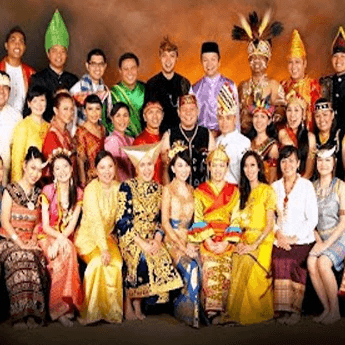
Culture Matters in Indonesia
– An email exchange with Dennis De Tray, Indonesia country director, World Bank 1997-1999
The views contained within this article are entirely my own and do not necessarily reflect past or present opinions or policies of any other person or organisation. Culture really matters when doing business, especially in Indonesia. An understanding of the cultures, outlooks, perceptions of the people with whom we do business, as well as an understanding of our own cultures and values, has enormous real practical application and value. What follows is an email reply I sent to Mr. Dennis De Tray, the former country director of the World Bank in Indonesia at the time of the economic crisis. It briefly discusses why "culture matters". ----- Original Message ----- From: "Gary Dean" <xxxxxxxx@xxxxx.xxx> To: "de Tray, Dennis" <xxxxxxx@xxx.xxx> Subject: RE: Your "Analysing the end of Suharto's Indonesia" Date: Wed, 1
…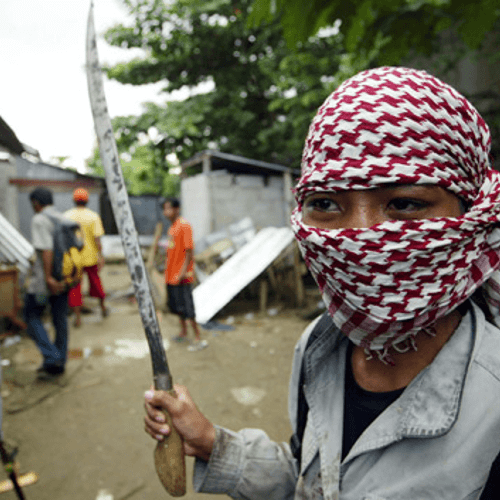
Ethno-Religious Conflict in Maluku
– A manufactured war
"Tragically again, of the approximately 20 Christians who were killed [by Muslims] in the village of Benteng Karang, 15 of them were them were burnt alive. One of them was Mrs Rina Serpiela, a six-month pregnant woman who was killed by having her belly ripped open and the foetus pulled out and burnt alongside her. This event was witnessed by her husband, Yopy Serpiela. Meanwhile her two-year old child was kidnapped and used as a shield by the attackers from the rocks thrown by the defending Christians." [1] In the absence of any other facts, the above passage would -- for most normal people -- inflame the emotions to the point of hatred towards the perpetrators of this violence. In this case, the perpetrators are called "Muslims". It has been said that the first casualty of war is the truth. This is no less true for the int
…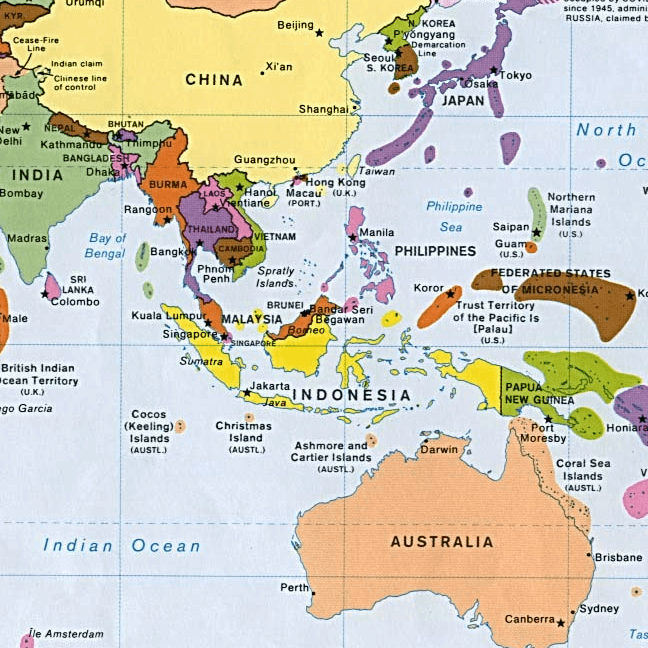
Australia's Place and Influence in Asia
Since the very beginning of a notion called 'Australia' some 200 years ago the European occupiers of this continent have rarely felt at peace with its geography. As a transplanted, predominantly European, society situated within Asia,[1] far from the homelands-of-the-heart in Europe, Australians have always felt an acute sense of threat from the north. In nearly every respect, Australia is profoundly differences with the nations of Asia: race, history, culture, social structure, and population size and density, just to name a few. Australia is truly an oddity within its region; it doesn't really fit. Separated by vast distances from the other rich, English-speaking, mainly-white, 'Echelon' nations (Britain, the US and Canada), Australians feel an acute sense of isolation in this region, like a 'continent adrift'.[2] It has only been these past few decade
…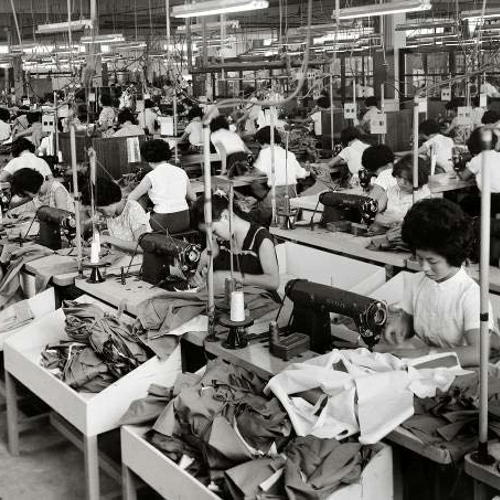
The role of FDI in the development of Singapore
– A model development path?
The rapid economic development of the NIEs (Hongkong, Singapore, South Korea, and Taiwan) over the past three decades has necessitated the utilisation of external resources, principally foreign capital.[1] Without such resources, industrialisation and development on the scale undertaken could simply not have occurred. These external capital resources have taken the form of aid, grants, borrowing, and direct foreign investment (FDI). Of the NIEs that have taken conscious control of the national economy -- which is to say, all of them with the exception of Hongkong -- only Singapore chose to use FDI as its principal source of external capital. Taiwan and South Korea, by stark contrast, chose a completely opposing route and in the main relied upon external borrowings and aid to support their developmental agendas. Consequently, 'technological deepening' and
…
The Myth of the Jakarta Lobby
Brian Toohey's article, "Time to rout the Jakarta Lobby", was published in The West Australian on 27 September 1999, just four weeks after the East Timorese autonomy plebiscite. During this period East Timor was in the process of being laid waste by vicious anti-independence militias backed by the Indonesian military. In this article Toohey rampages against a perceived "Jakarta lobby" that allegedly directs Australian foreign policy towards Indonesia. He accuses it, among many other things, of siding with anti-democratic forces in Indonesia and of being apologists for heinous crimes committed by the Indonesian military against East Timorese. Toohey, in fact, has a long history of hostility towards Indonesia, and towards any policy approach that attempts to view the region through anything else but the eyes of the jaundiced and parochial Australia n
…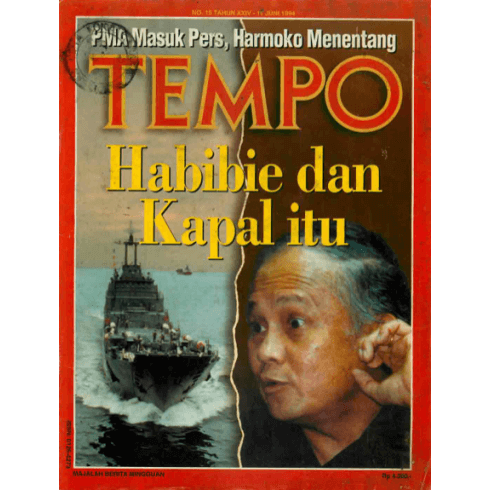
The New Order State and the Tempo Affair
– A conflict of values
The sun began to set upon Indonesia's corporatist 'New Order' state starting in the early 1990's. Speculation about the presidential succession was rife, mainly due to President Soeharto's increasing age and frailty, and such speculation was especially destabilising and damaging given Indonesia's historical propensity to rather messy changes in leadership. Added to this was the ever-increasing seething discontent within the intellectual elite and some sections of Indonesia's small middle class. Despite all this, the New Order state itself remained formidable, or at least gave an excellent impression of being so. The banning of three weekly news magazines in 1994 marked the end of a short period of relative openness in the media in Indonesia. One magazine in particular, Tempo, wielded great influence amongst a section of the urban elite, representing
…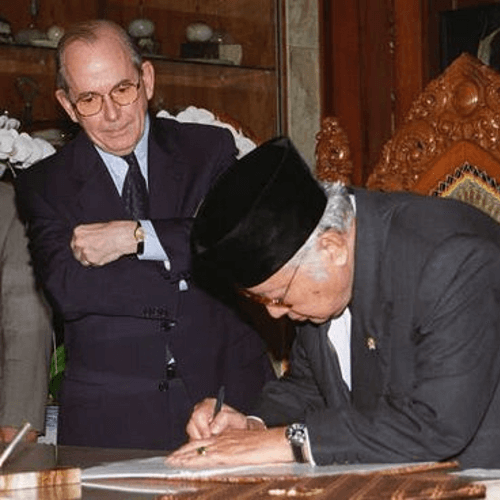
East Asia and the Roots of the Economic Crisis
– From a Western perspective
The past two decades or so has witnessed the increasing dominance of neoliberal perspectives within international political, social and economic thinking. This has particularly been the case since the end of the Cold War, which seems to have triggered a decline of alternative social and economic perspectives. The fall of the Soviet Union was viewed as the triumph of individualist market systems over collectivist state-managed systems of economic organisation, at the same time sweeping away all alternative perspectives which may have lain somewhere in between these polarities. An equally triumphalist neoliberal tenor was also to be heard at the outset of the East Asian economic crisis. Once again, the superiority of individualism and 'free markets' were proclaimed over the perceived deficiencies of Asian cultural collectivism and state-assisted economic development. Sta
…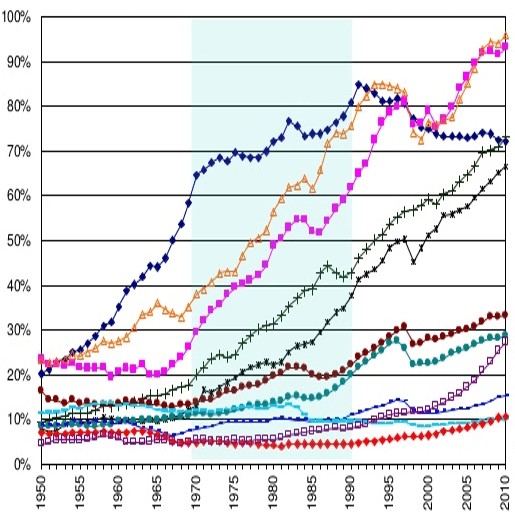
Indonesia's Economic Development
– in comparison to South Korea and Taiwan
The rapid pace of economic development in East Asia over the past few decades has awed the world. This is particularly so for the so-called Newly Industrialising Countries (NICs) which include South Korea and Taiwan, together with the city-states of Singapore and Hongkong. Since the 1980's, these states have experienced very rapid growth rates, especially South Korea and Taiwan, which have recorded annual GDP growth of 9.7% and 8.3% respectively during the period 1980 to 1990. By comparison, Indonesia during this same period recorded 5.4% annual GDP growth, which whilst still a fast rate of economic growth, comes nowhere near that of South Korea and Taiwan.[1] This paper shall focus on the recent economic development in Indonesia, and attempt to contrast it with that of Korea and
…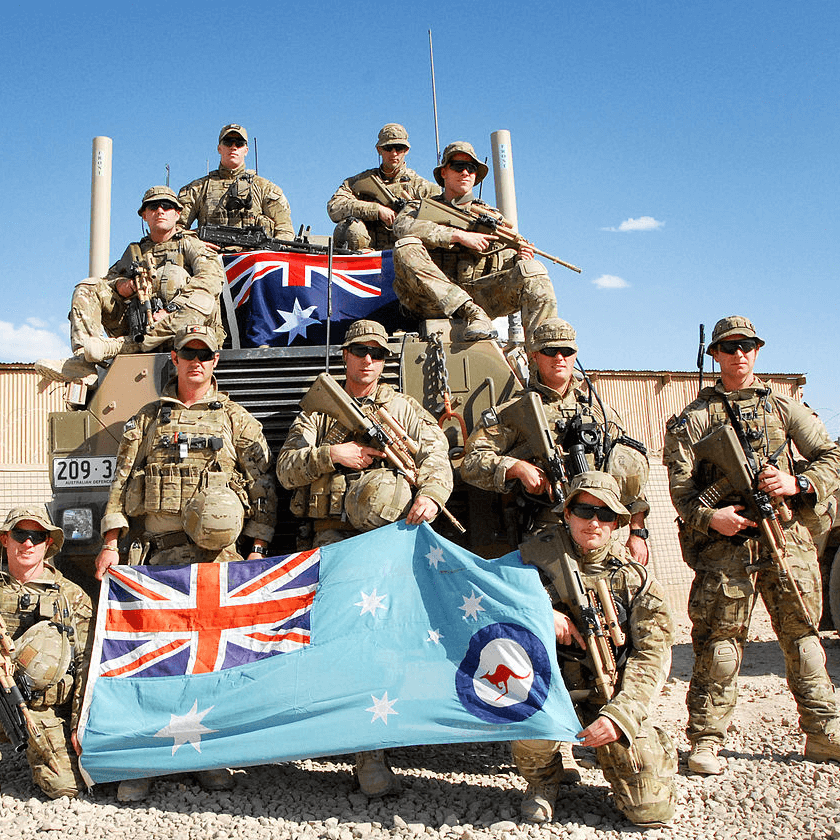
Security and Australia's involvement in the world
Australians have always felt uncertain about their place in the world. As a transplanted, predominantly European, society situated within Asia, Australians have always felt a sense of threat from the north. Profound differences with the nations of East Asia exist in nearly every respect: race, history, culture, social structure and population density. Within this region, Australia is truly an oddity. It should be no surprise, therefore, that security issues have always dominated Australian foreign policy. Separated by vast distances from other rich, English-speaking, and predominantly white, nations such as Britain, the US, and Canada, Australians feel an acute sense of isolation in this region, like a 'continent adrift'[1], or a mere 'province of the English-speaking world'.[2] An Australia highly threatened and highly desired, militarily defenceless a
…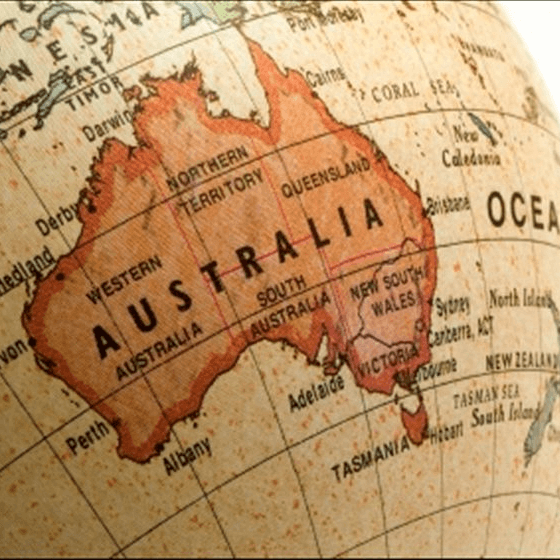
The Development of Australian Foreign Policy
It only been these past few decades that Australia has begun to pursue a relatively independent foreign policy, from under the shadows Britain and the US. Australia's unique historical circumstances have led to the development of a certain set of attitudes and characteristics that underlie its foreign relation's behaviour. Among other characteristics there has been a dependency syndrome, first with Britain, and then with the US, an acute sense of geographic isolation from the European cultural hearthlands and a corresponding sense of threat from Asia, and an attempt to identify and project an Australian identity to the outside world. Australia's early history was dominated by British outlooks and interests, reflecting the immigrant population that was overwhelmingly of British stock. Australia was a mere home away from home, a far-flung outpos
…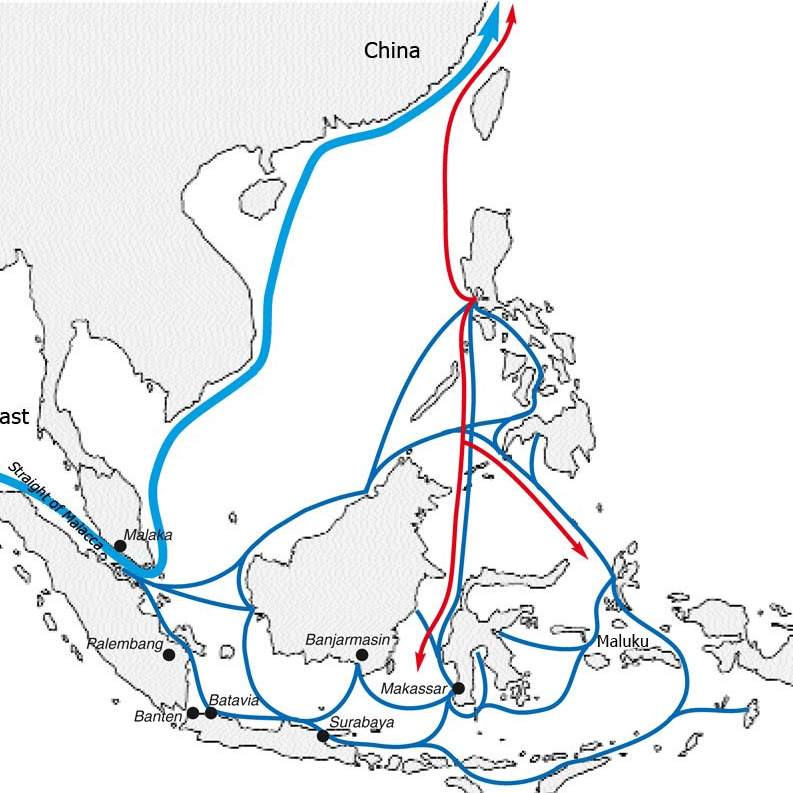
The Importance and Consequences of Trade in Southeast Asia
– until 1870
To trade is human. Like the ability to communicate abstract ideas, trade is one of those activities that differentiates Homo sapiens from the rest of the animal world. And trade is more than just a mere exchange of surplus; its social and political impact is profound binding both families, tribes and nation-states into intricate webs of human intercourse. These ever widening circles of trade interaction encompass the world within a vast network of patronage, obligation and interdependency. It is not possible to separate economics from its social and political consequences. Throughout history trade has been an important driving force, impacting upon societies - for better and for worse - throughout the entire world. Perhaps more than any other region on Earth, Southeast Asia has felt the driving force of economics transform its social and po
…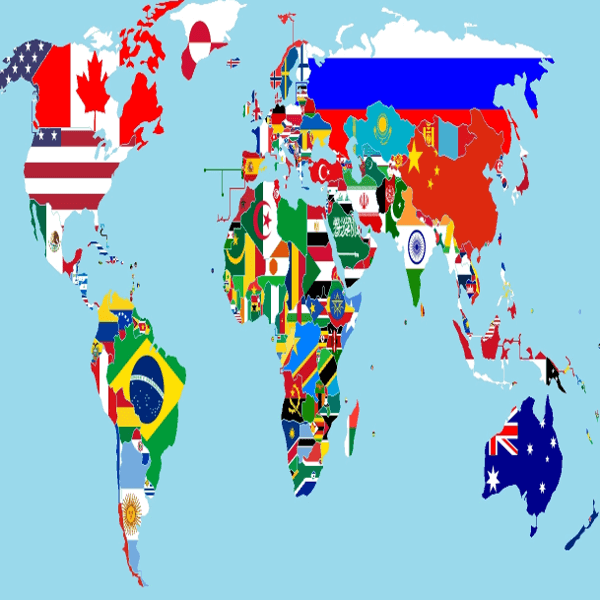
The development and future of the nation-state
Humanity's political 'state of nature' has characteristically been defined in terms of small, nomadic family groups with little need for complex organisational structures. Continuously moving across the landscape with tenuous attachment to the land upon which they walked, organisational requirements were simple and perhaps often instinctive. To go to one place or to another was a choice often dictated by environmental or seasonal factors, and upon the limited accumulated generational knowledge of the small collective. That Homo sapiens is a social animal is clear enough; s/he functions poorly and unhappily as an isolate. The family-sized collective group is his/her natural home. From this group there is sufficient mass to successfully perform the full range of survival tasks, such as hunting, gathering, shelter construction. There is also sufficient m
…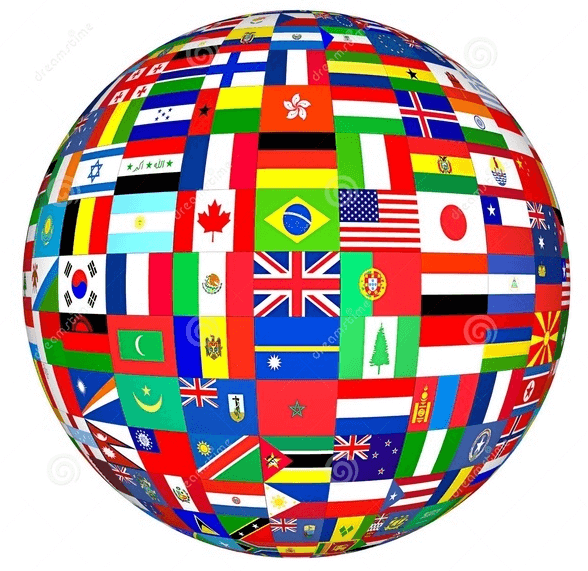
Globalisation and the Nation-State
It is frequently alleged that the nation-state in the 1990's is at a precarious moment of history, poised to somehow inevitably disintegrate under the pressure of globalisation. It has been a mere decade since this word 'globalisation' started to infiltrate the everyday language of nations worldwide. And like many new catchwords which suddenly enter a language, it's precise meaning can be lost or obscured in amongst the new, exciting and often stimulating concepts which orbit about it; Internet, Free Trade, Borderless World, Information Superhighway, and many others. In fact, globalisation as a process of world economic integration and interdependency is far from being new, and it could be argued that this process has its roots in time immemorial when humanity first found it advantageous to trade surpluses of goods with one another. It is sometime
…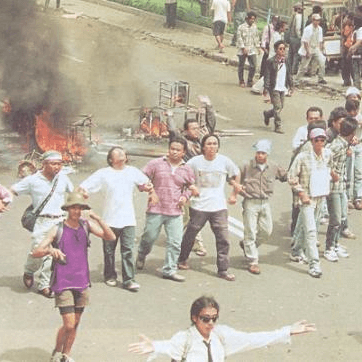
Analysing the end of Suharto's Indonesia
– The role of culture in Indonesian politics
The incantations and vocabulary of the new era are rapidly taking hold in Indonesia since the fall of Suharto and his New Order regime. KKN, reformasi and transparansi have replaced UUD'45, Pancasila and pembangunan as catch phrases of the emerging order. As the heavy New Order fog lifts, new possibilities for Indonesian society are being discussed, dampened however by severe economic conditions. It is commonly recognised that ways of seeing and interpreting events are often coloured by the outlook and prejudices of the observer, irrespective of the efforts of that observer to remain `objective'. As a broad example, journalists and political scientists will often interpret political events in Indonesia very differently from, say, the sociologist or anthropologist. Why is this so? Suharto resigned on the 21st of May, 1998, the culmination of months of i
…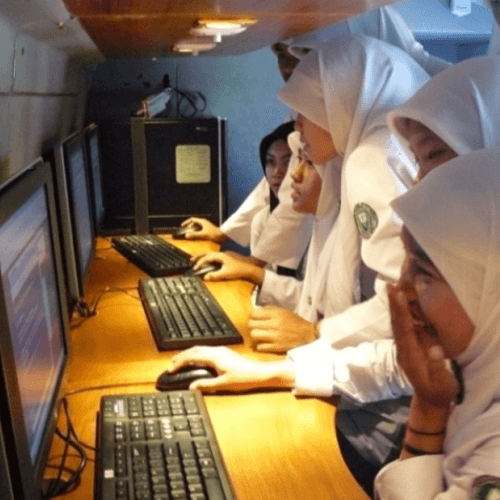
Globalisasi, Kedaulatan Nasional dan Konflik Masa Depan
Gary Dean (Universitas Gadjah Mada, NIM 96/111909/EK/13500) Yogyakarta, Desember 1997 Selama dasawarsa belakangan ini kata 'globalisasi' secara berangsur-angsur masuk ke dalam bahasa sehari-hari di negara-negara di seluruh dunia. Tetapi, apa sebenarnya artinya kata 'globalisasi' ini? Seperti banyak kata-kata baru lain yang secara tiba-tiba masuk ke dalam sebuah bahasa, arti sesungguhnya bisa dihilangkan atau dikaburkan di antara konsep-konsep baru yang kedengaran lebih enak dan merangsang, yang berkaitan dengannya; misalnya Internet, Perdagangan Bebas (Free Trade), Dunia tanpa batas (Borderless World), Jalan Raya Informasi (Information Superhighway), dan sebagainya. Thomas Freidman -- seorang penganjur awal gagasan globalisasi -- mendefinisikan globalisasi sebagai "integrasi perdagangan, keuangan, dan informasi yang sedang menciptakan satu pasar global dan kebudayaan tunggal".
…